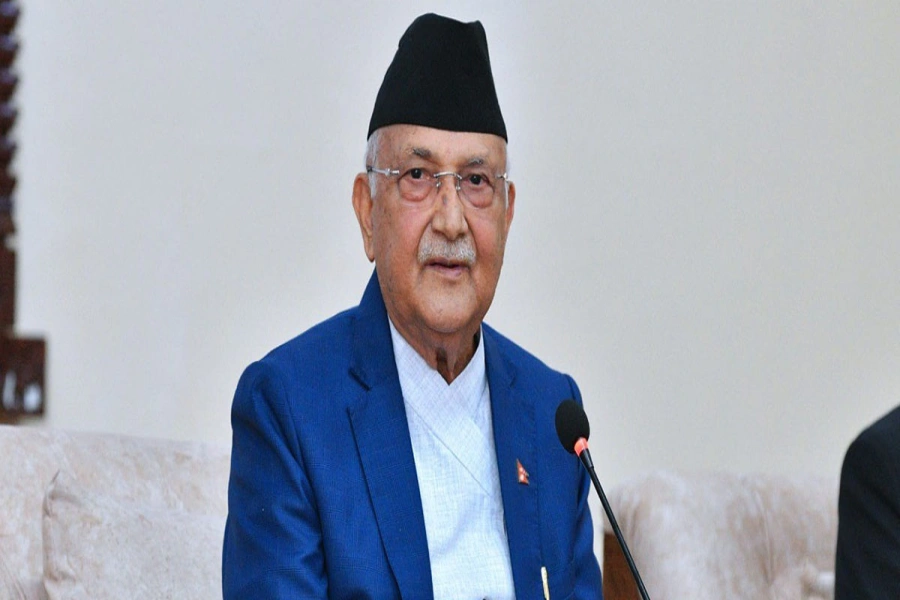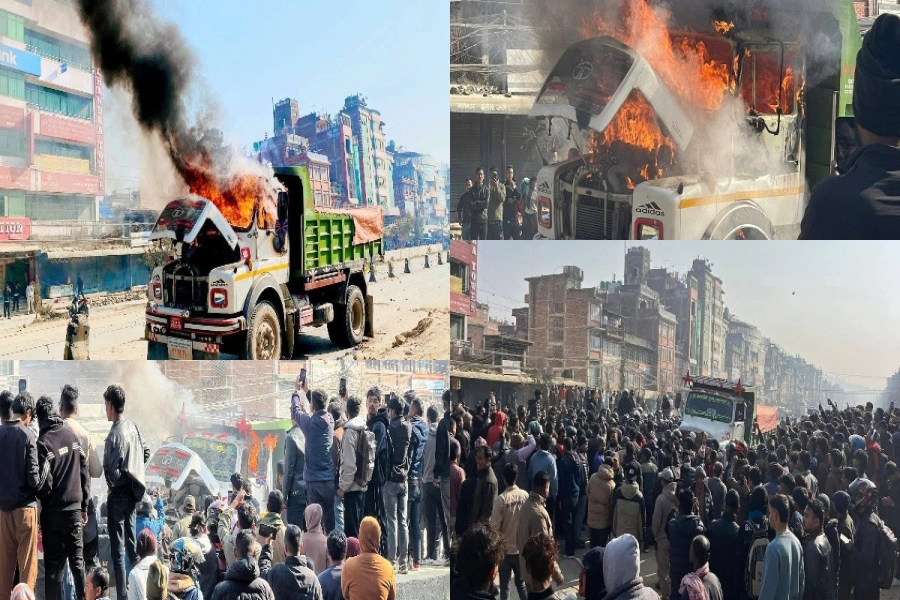KATHMANDU, Jan 6: High-ranking government authorities of Nepal and India are preparing to sit for a two-day bilateral trade talk starting Thursday, to revisit the Commerce Treaty between the two countries.
According to the Ministry of Industry, Commerce and Supplies (MoICS), the two neighboring countries will be conducting the Nepal-India Inter-Governmental Committee (IGC) meeting on January 9-10. The IGC headed by the commerce secretaries from Nepal and India is a bilateral mechanism that oversees the implementation of treaties, trade, transit and investment related issues of both the countries.
In the previous two meetings, the two countries agreed to give continuity to the old Commerce Treaty without making any amendment. Last time, the IGC meeting was held in Kathmandu on December 7, 2020.
India-Nepal Multimodal Logistics & Connectivity Summit 2024 su...

Nepal and India signed the Trade and Commerce Treaty on November 27, 2009. The treaty is subject to be renewed automatically.
India has been the largest trading partner of Nepal in terms of both its imports and exports. In the last fiscal year, Nepal purchased goods worth Rs 996.68 billion from India out of its total imports of Rs 1.592 trillion. Likewise, Nepal earned Rs 103.17 billion from India out of its total export earnings of Rs 152.38 billion.
Babu Ram Adhikari, spokesperson for the MoICS, said the IGC meeting will focus mainly on the issues related to trade and transit. “The bilateral meeting is also expected to solve the glitches that crop up during the trade between the two countries,” said Adhikari.
During the meeting, India is expected to urge Nepal to strictly control the illegal cross-border trade and the third countries’ goods that are repackaged and exported to India. Mainly, agricultural products such as garlic and betel nuts, that are subjected to high customs duty in India, are first imported to Nepal and then exported to India on duty free facility. In addition, India has also been expressing concerns over Nepal imposing restrictions on import of Indian dairy products.
On the other hand, Nepali traders have been facing a number of non-tariff barriers from the Indian side while exporting their products to the southern neighbor. Time and again, Nepali traders have been facing such problems with the export of tea, cardamom, footwear, ginger, diapers, plywood, cement and sanitary pads, among others. India has been imposing restrictions on a number of manufactured goods on the pretext of mandatory rule of receiving Bureau of Indian Certificate.
Providing easy railway access for transporting bulk cargo to third-countries and quarantine issues on export of Nepali agricultural products are among the concerns that Nepal is likely to put forth in the upcoming bilateral talk, according to an official of the MoICS.




































